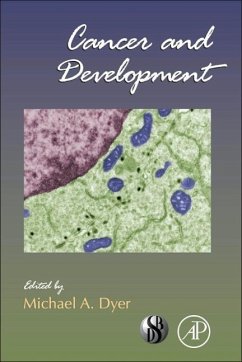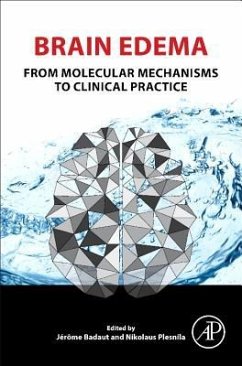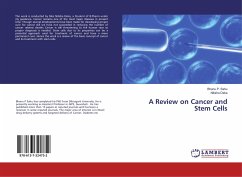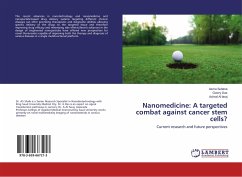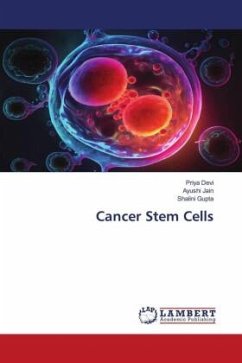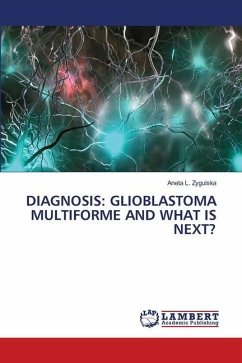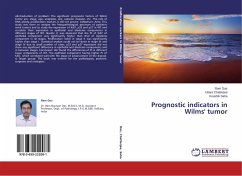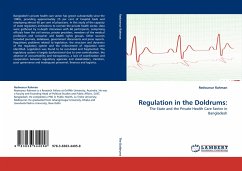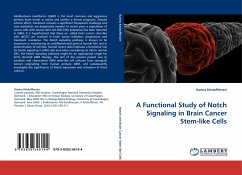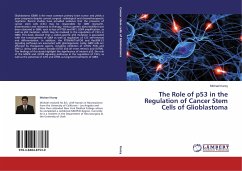
The Role of p53 in the Regulation of Cancer Stem Cells of Glioblastoma
Versandkostenfrei!
Versandfertig in 6-10 Tagen
51,99 €
inkl. MwSt.

PAYBACK Punkte
26 °P sammeln!
Glioblastoma (GBM) is the most common primary brain tumor and yields a poor prognosis despite current surgical, radiological and chemotherapeutic regimens. Recent studies have provided evidence that the presence of cancer stem cells (CSC) may be responsible for GBM regrowth, dissemination and resistance to therapy. Various genetic abnormalities have been observed in GBM, such as loss of PTEN and NF1, EGFR amplification, as well as p53 mutation, which may be involved in the regulation of CSCs in GBM. This book showed that a codon-specific p53 mutation is associated with the tumorigenesis of GBM...
Glioblastoma (GBM) is the most common primary brain tumor and yields a poor prognosis despite current surgical, radiological and chemotherapeutic regimens. Recent studies have provided evidence that the presence of cancer stem cells (CSC) may be responsible for GBM regrowth, dissemination and resistance to therapy. Various genetic abnormalities have been observed in GBM, such as loss of PTEN and NF1, EGFR amplification, as well as p53 mutation, which may be involved in the regulation of CSCs in GBM. This book showed that a codon-specific p53 mutation is associated with the tumorigenesis of GBM as well as regulation of CSC self-renewal and differentiation. In addition, the PTEN/AKT/mTOR and Ras/ERK1/2 signaling pathways are associated with gliomagenesis. Lastly, GBM cells are affected by therapeutic agents, including inhibitors of mTOR, PI3K and ERK1/2, along with arsenic trioxide (ATO) and all- trans retinoic acid (ATRA). The findings of this study highlight the significance of mutant p53, the role of the MAPK and mTOR signaling pathways in the regulation of CSCs, as well as the potential of ATO and ATRA as targeted treatments of GBM.



